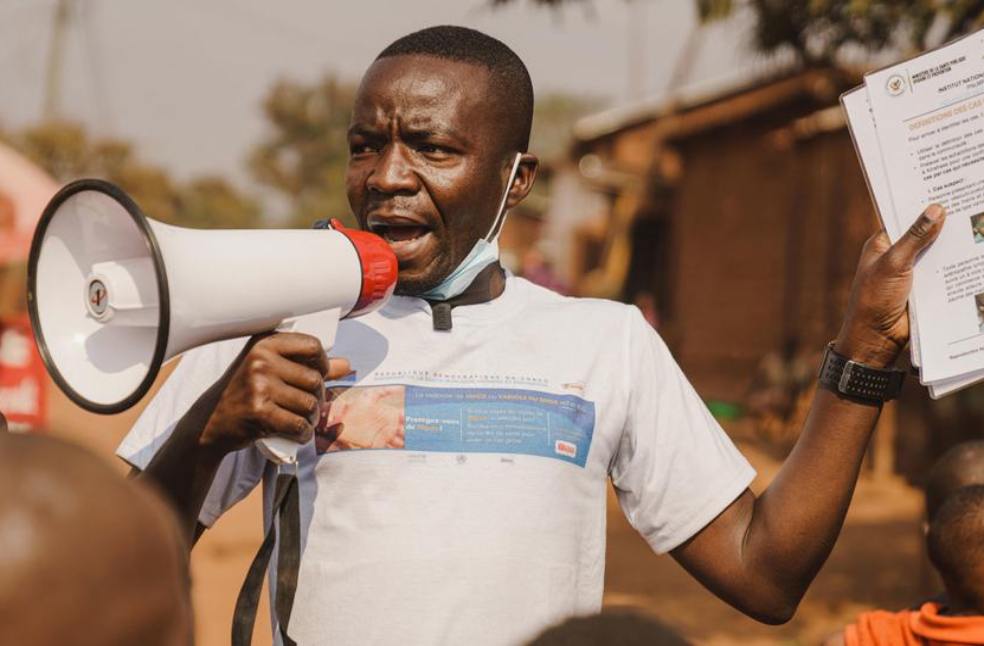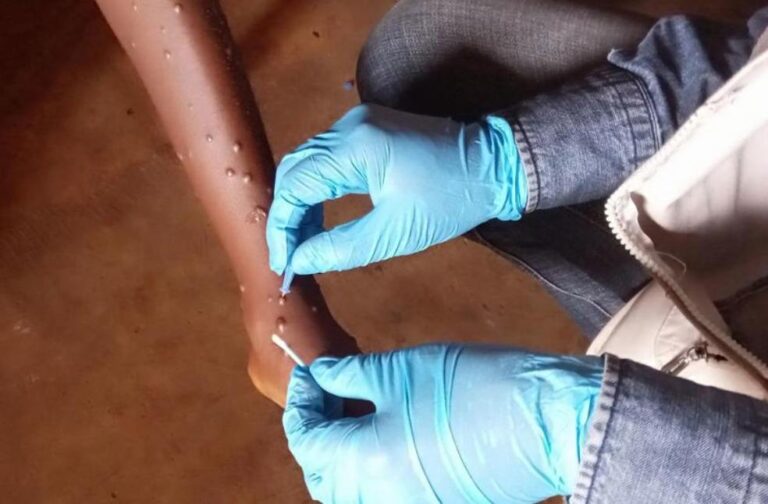World Health Organization (WHO) has unveiled an action plan that calls for $135 million over the next six months to contain the mpox outbreak. The current monkeypox (mpox) outbreak “can be controlled and can be stopped. Responding to this complex outbreak requires a comprehensive and coordinated international response,” quoted WHO Director-General Tedros Adhanom Ghebreyesus.
The briefing was held just over a week after he declared that mpox was a public health emergency of international concern.
Tedros said the global outbreak first emerged in 2022, with more than 100,000 confirmed cases reported since then. While the virus continues to circulate at low levels, Africa has seen an unprecedented increase and expansion.
Transmission is mainly centered in the Democratic Republic of the Congo (DRC), where there have been more than 16,000 suspected cases, including 575 deaths, this year alone.

As cases spread beyond Africa to Europe and Asia, the surge is being driven by two separate outbreaks of two strains of the mpox virus, or clades, in different parts of the country. The rapid spread of a new offshoot, clade 1b, was the main reason behind his decision to declare mpox a global public health emergency on 14th August.
“In the past month, cases of clade 1b have been reported in four countries neighbouring DRC, which had not reported mpox before Burundi, Kenya, Rwanda and Uganda. This week, cases have also been reported in Thailand and Sweden,” Ghebreyesus said.
In response, WHO and partners have developed a plan to stop outbreaks of human-to-human transmission of mpox through coordinated efforts at the global, regional, and national levels.
The Global Mpox Strategic Preparedness and Response Plan (SRSP) focuses on implementing comprehensive surveillance and response strategies, as well as advancing research and equitable access to medical countermeasures.
“Our initial estimates are that the SPRP requires approximately $135 million over the next six months for the acute phase of the outbreak. That amount will likely increase as we update the plan in light of growing needs,” Tedros stressed.



